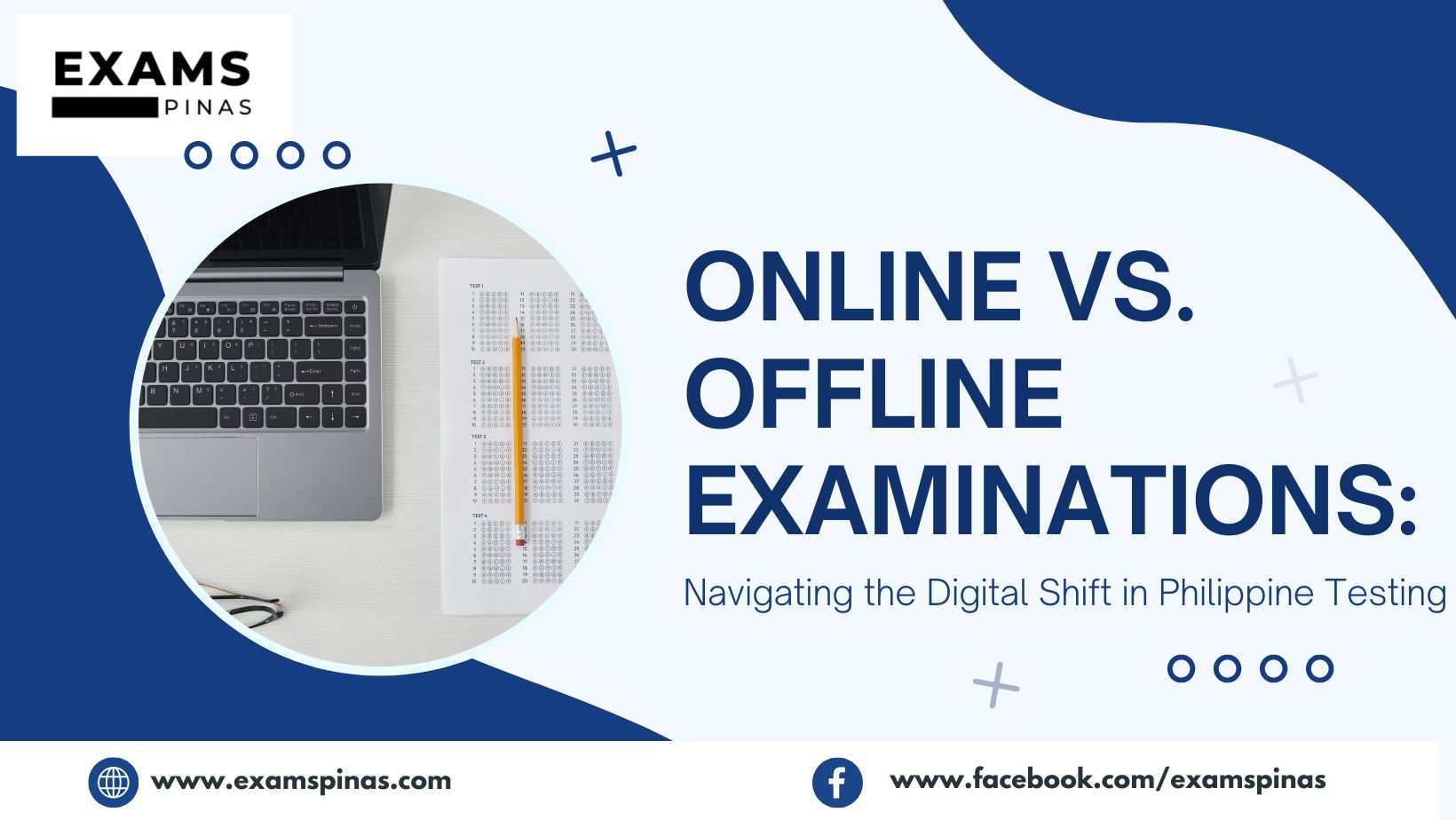In the dynamic landscape of Philippine education, the transition from traditional pen-and-paper examinations to online assessments has sparked discussions and debates. This shift brings forth a myriad of advantages, challenges, and equity considerations that shape the testing experience for students across the country.
Understanding the Digital Shift
The Rise of Online Examinations
With advancements in technology and the widespread availability of internet connectivity, online examinations have gained prominence in Philippine educational institutions. This shift offers flexibility, accessibility, and scalability, enabling students to take exams remotely from any location with internet access.
Advantages of Online Examinations
- Flexibility: Online examinations provide students with the flexibility to choose convenient time slots and locations for taking exams, accommodating diverse schedules and preferences.
- Immediate Feedback: Automated grading systems and instant feedback mechanisms streamline the assessment process, allowing students to receive prompt feedback on their performance.
- Cost Efficiency: Online examinations reduce the need for paper-based materials, printing costs, and administrative overhead, resulting in cost savings for educational institutions and students alike.
Challenges of Online Examinations
- Technical Issues: Connectivity issues, software glitches, and hardware compatibility issues may disrupt the online testing experience, leading to frustration and anxiety among students.
- Security Concerns: Ensuring the integrity and security of online examinations poses significant challenges, as students may resort to academic dishonesty through cheating and plagiarism.
- Equity Considerations: Disparities in access to technology and internet connectivity create inequities in the online testing environment, disadvantaging students from underserved communities and rural areas.
Embracing Offline Examinations
Traditional Pen-and-Paper Examinations
Despite the digital shift, traditional pen-and-paper examinations remain prevalent in Philippine schools and universities. These examinations offer a familiar and standardized format for assessing student knowledge and skills.
Advantages of Offline Examinations
- Security and Integrity: Pen-and-paper examinations mitigate concerns related to technological vulnerabilities and ensure the integrity of the testing process.
- Accessibility: Offline examinations are accessible to all students, regardless of their access to technology or internet connectivity, promoting inclusivity and equity in assessment.
- Tactile Learning Experience: Writing by hand during examinations engages tactile learning processes and enhances memory retention, contributing to a deeper understanding of course materials.
Challenges of Offline Examinations
- Logistical Constraints: Offline examinations require logistical coordination for printing, distribution, and collection of answer sheets, which may entail additional administrative burden and costs.
- Delayed Feedback: Manual grading processes and paper-based assessments result in delayed feedback for students, limiting opportunities for timely reflection and improvement.
- Environmental Impact: The use of paper-based materials in offline examinations contributes to environmental concerns related to deforestation and waste generation.
Striking a Balance
As Philippine educational institutions navigate the digital shift in testing methodologies, striking a balance between online and offline examinations is paramount. Embracing a hybrid approach that combines the strengths of both formats while addressing their respective challenges is key to fostering a fair, inclusive, and effective testing environment for all students.
Conclusion: Shaping the Future of Philippine Testing
In conclusion, the transition from traditional pen-and-paper examinations to online assessments represents a significant paradigm shift in Philippine education. While online examinations offer flexibility and efficiency, they also present challenges related to technology, security, and equity. Offline examinations, on the other hand, provide a familiar and inclusive testing format but come with logistical constraints and environmental considerations.
By critically examining the advantages, challenges, and equity considerations associated with both online and offline examinations, Philippine educational institutions can make informed decisions that prioritize student learning, accessibility, and integrity. Ultimately, embracing a balanced approach to testing methodologies will pave the way for a more equitable and inclusive educational landscape in the Philippines.

